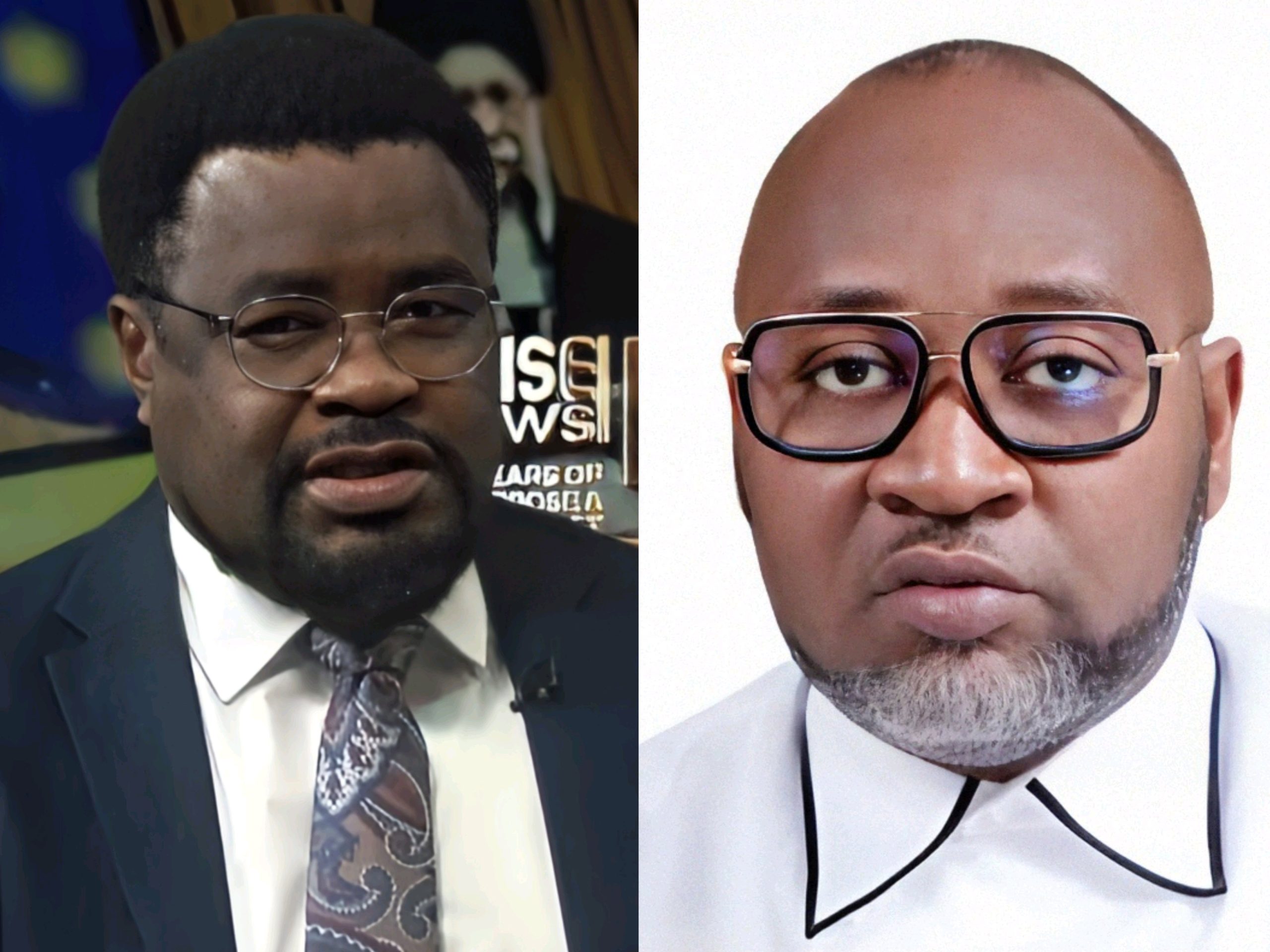The internal crisis rocking the African Democratic Congress (ADC) has taken a new turn following the recognition of David Mark’s leadership of the party by the Independent National Electoral Commission (INEC).
According to legal practitioner and Public Affairs Analyst, Liborous Oshoma, the development has now narrowed the options of former presidential candidate Dumebi Kachikwu.
Speaking during a TVC interview, Oshoma explained that INEC’s decision effectively settled the lingering leadership tussle within the party and signaled the end of external legal interference.
“Now that INEC has recognized the party leadership under David Mark, I would say the court will not interfere. It’s an internal affair of the party. The court cannot impose leaders,” he said.
Oshoma stressed that the ruling leaves Kachikwu at a political crossroads, forcing him to either reconcile with the new coalition or walk away entirely. “So it’s now left for Dumebi Kachikwu to either leave the party or align with the coalition,” he remarked.
The analyst described INEC’s recognition as a major breakthrough for the ADC, noting that it could unify members ahead of future elections.
“It’s a good development for the ADC that they’ve been able to put their house in order. It shows they are truly ready to give the APC a run for its money. These are veteran politicians. They’ve been active in the political landscape for a long time,” Oshoma added.
The ADC, once touted as a rising force in Nigeria’s multiparty democracy, has been embroiled in internal disputes since 2022. At the center of the conflict was former national chairman Ralph Okey Nwosu, who faced mounting criticism over his prolonged tenure. Nwosu led the party for 16 years, sparking accusations of constitutional breaches and authoritarian control.
Section 223 of the Nigerian Constitution mandates periodic elections and internal democracy within political parties. Critics argued that Nwosu’s extended stay undermined these principles, fueling divisions and weakening the ADC’s electoral prospects.
Dumebi Kachikwu, who emerged as the party’s presidential flag bearer after defeating Kingsley Moghalu in the 2022 primaries, became one of the leading voices against the old leadership structure.
The dispute deepened ahead of the 2023 elections, with rival factions battling for legitimacy and recognition. While Kachikwu sought reforms and accountability, others accused him of personal ambition and divisive tactics. The prolonged crisis cost the party valuable time and resources, limiting its ability to mount a strong national campaign.
With INEC now officially recognizing David Mark’s leadership, analysts believe the ADC has an opportunity to rebuild its image and reposition itself as a credible opposition force. However, the question remains whether Kachikwu will cooperate with the new order or seek political relevance elsewhere.
Observers suggest that Kachikwu’s next move will be critical, not only for his personal political career but also for the stability of the ADC. Aligning with the coalition could give the party a united front, while an exit might deepen cracks and risk alienating sections of the party’s grassroots supporters who remain loyal to him.
For now, the ball appears firmly in Kachikwu’s court. As Oshoma concluded, the survival and strength of the ADC in Nigeria’s turbulent political environment will depend largely on whether the warring factions can set aside their differences and focus on building a stronger, more democratic platform for the future.
Love Reading Authentic News Stories, Click The Button Below 👇

